The End of Facebook
Some time ago I decided to leave Facebook and review my practices in terms of socialization on the web. Believe me: I left Facebook for no other reason, but too much time dedicated to explore my network and expose myself. I wasn’t influenced by anybody else or offended somehow. Since that time I’ve followed many news about this social network. Between many discussions, I was particularly curious about rumors of the end of Facebook and other social networks following the same model. Reading those articles I realized that part of my behavior when I left the site helps to justify existing theories. In addition, some market tendencies also reinforce their theory by comparing previous collapses with the current scenario. Then I recently decided to go back to observe this trend beside my own curiosity about my friends’ news.

So, I listed here some points of reflection:
-
Need to leave the community – If we leave the community, how can we keep contact with our friends in an interesting way? This was my problem. When I left Facebook I tried to find my contacts in other social networks but I didn’t find some of them. So, this is some sort of “proprietary friendship” that forces me to use Facebook to keep my whole network.
-
Privacy – this is an essential feature of all social networks. Since we cannot put together all our friends in only one site, most people have profiles in other communities and they have to configure their privacy options many times. Usually, people don’t take care about details of their privacy. As a consequence, many profiles are open and their owners are not aware of it, which could be a problem due to evil people doing bad things using the web. A solution is the use of identification services like Google account, Yahoo account, OpenID, and others. You can use these services to authenticate users in your application without asking them to create a new profile, just reusing what they already have. This approach allows a unique profile for many applications, simplifying the privacy configuration. Unfortunately, it is not widely adopted yet.
-
Passive profiles – when a new and better social site is launched some of your friends will create a profile there, reducing their activity in the current one. Thus, you would lose important facts about your friends because they just decided to report in another network. The profiles become passive, only reacting when we send a message or any other alert.
-
Custom social applications – the concept of custom social applications, introduced by Facebook, can also be a potential threat. People can use these applications to promote other social networks or even offer complete external social features of third-party sites, dissipating the original concept of closed community to an aggregator of other communities or social services. This way, the Facebook concept is gradually diluted and transformed in a social platform instead of a centralized network.
-
Social platforms – Google got the concept of Facebook and transformed it in an open social framework that can be inserted in any site on the web. Basically, you can create your own social site and develop social applications to run in existing social sites. This blog, for example, uses this platform to list some friends on the right.
Words like “closed” or “proprietary” are not welcomed in social environments. Soon, social networks like we know today will be gradually dissipated until the whole web becomes a social platform, allowing users to compose social services as they want and keep all their contacts independent of any social service.

Recent Posts
Can We Trust Marathon Pacers?
Introducing LibRunner
Clojure Books in the Toronto Public Library

Once Upon a Time in Russia

FHIR: A Standard For Healthcare Data Interoperability

First Release of CSVSource
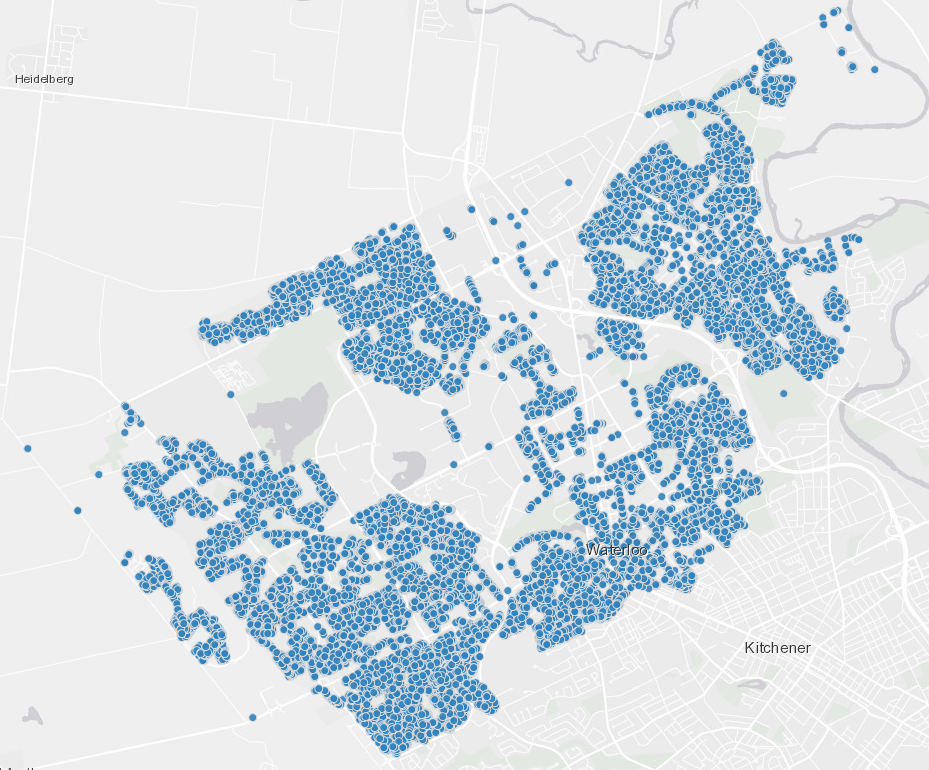
Astonishing Carl Sagan's Predictions Published in 1995

Making a Configurable Go App
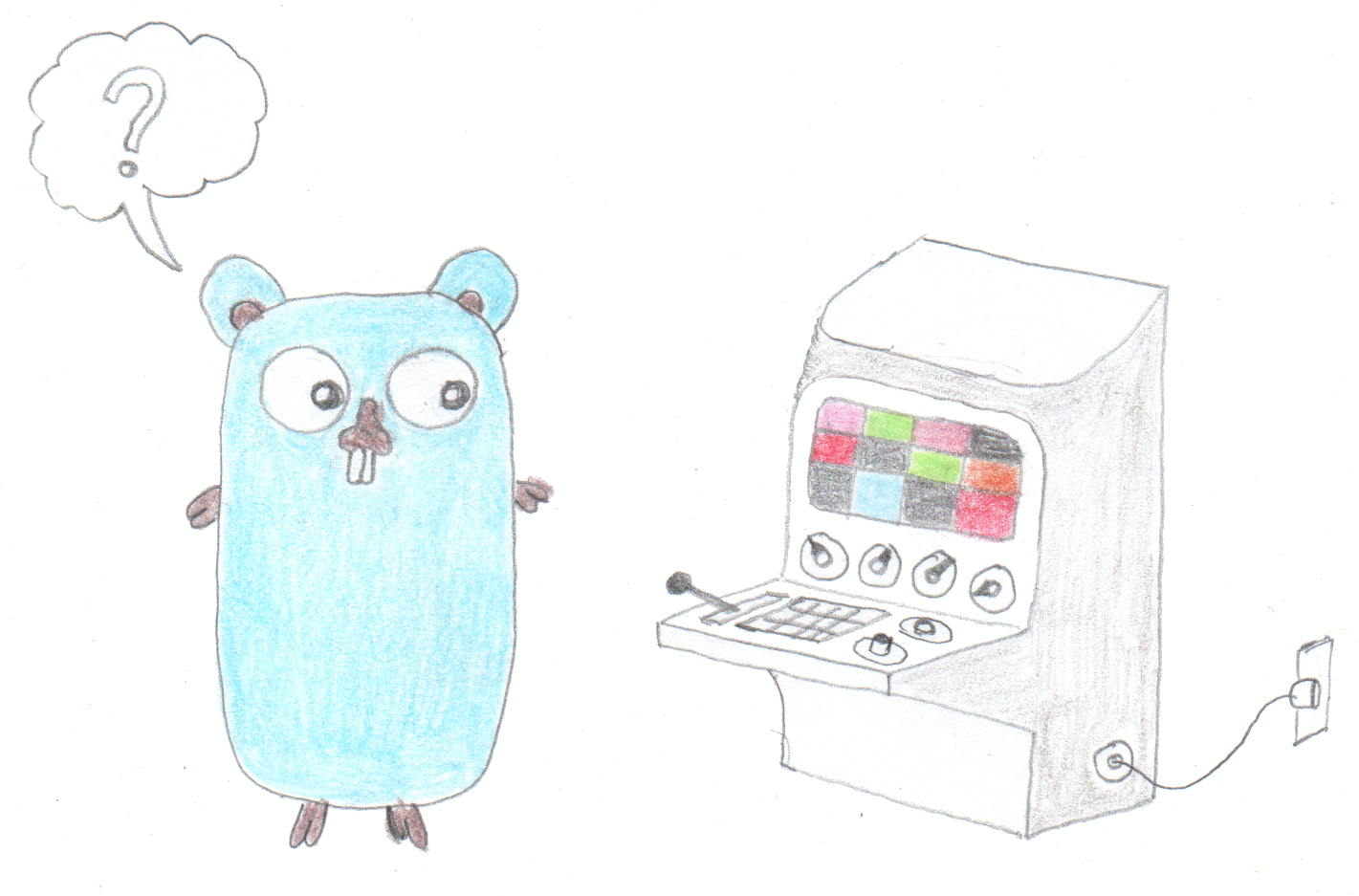
Dealing With Pressure Outside of the Workplace

Reacting to File Changes Using the Observer Design Pattern in Go
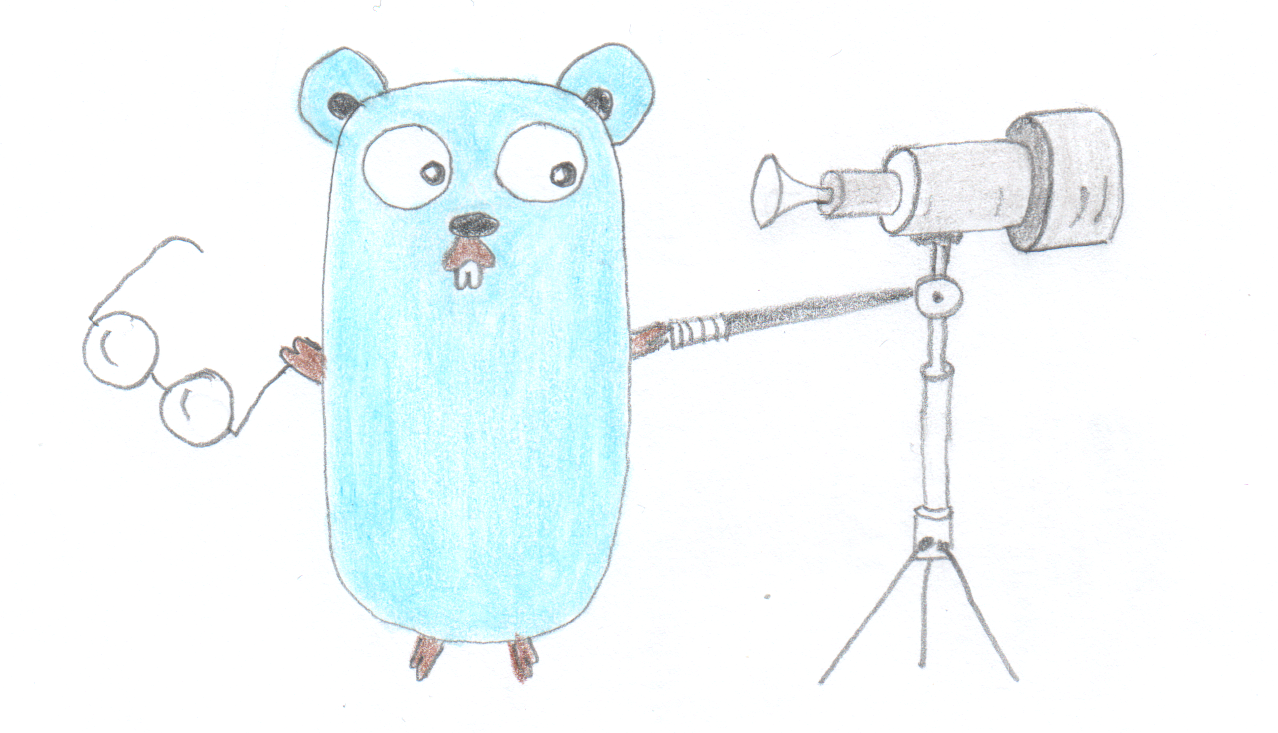
Provisioning Azure Functions Using Terraform
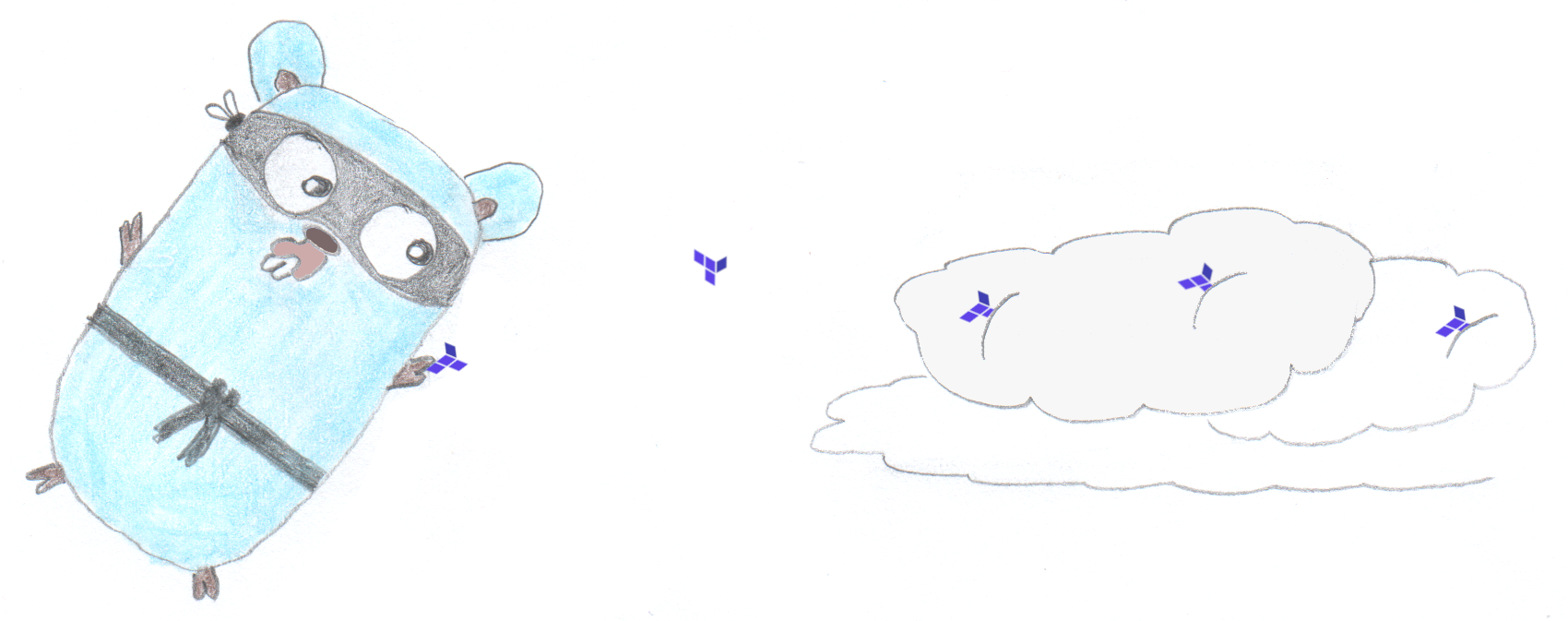
Taking Advantage of the Adapter Design Pattern
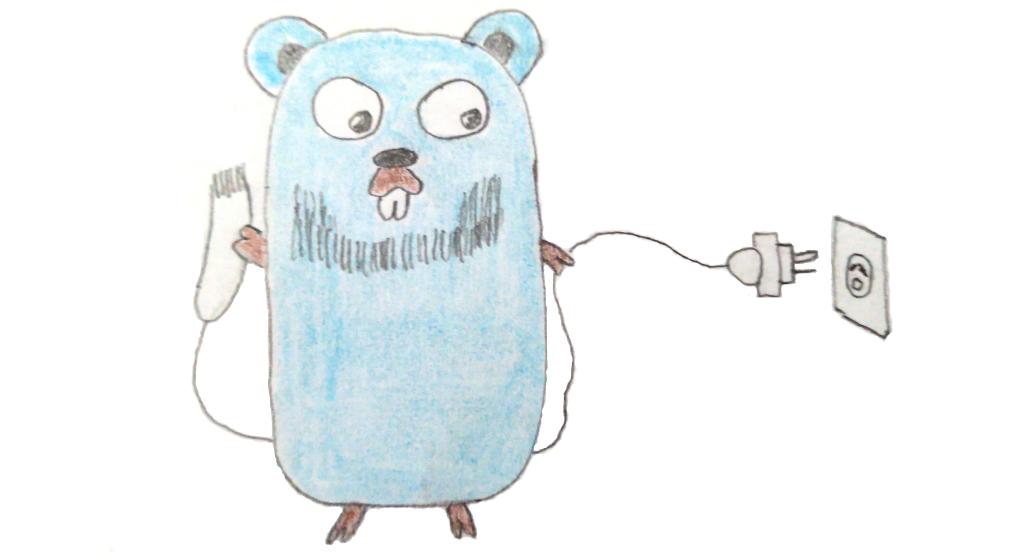
Applying The Adapter Design Pattern To Decouple Libraries From Go Apps

Using Goroutines to Search Prices in Parallel

Applying the Strategy Pattern to Get Prices from Different Sources in Go
